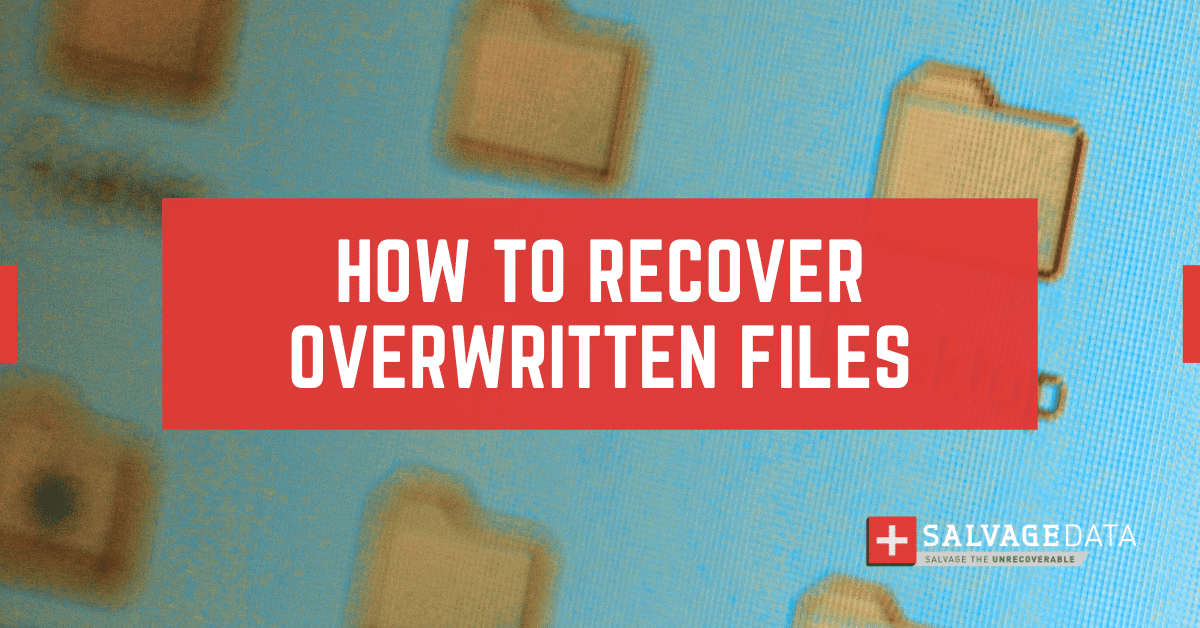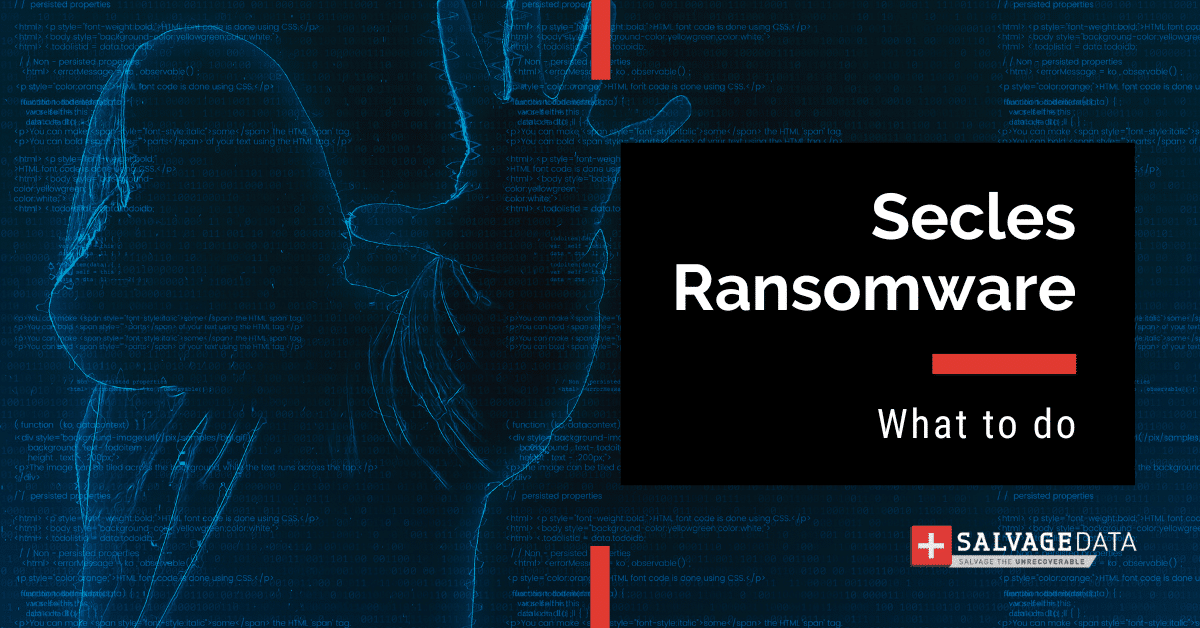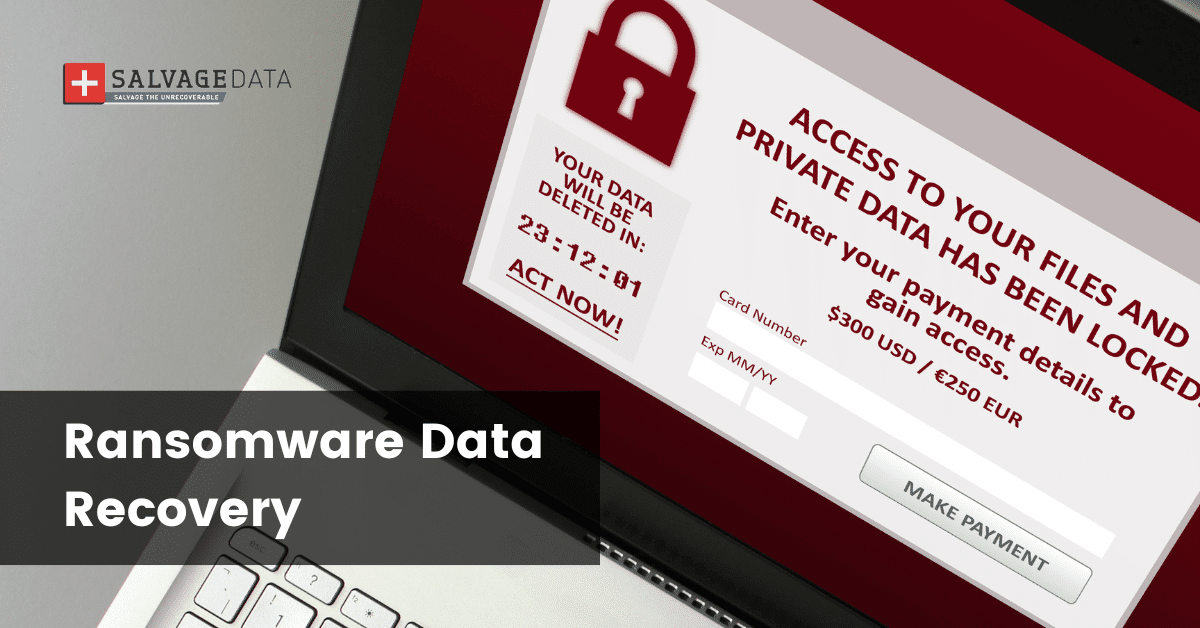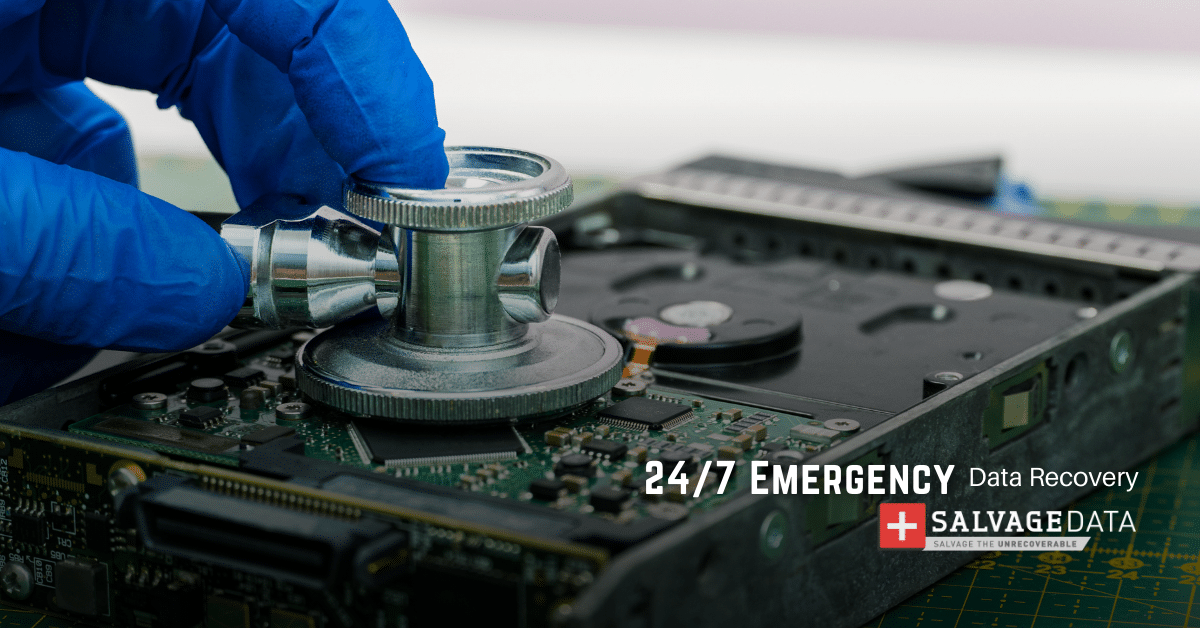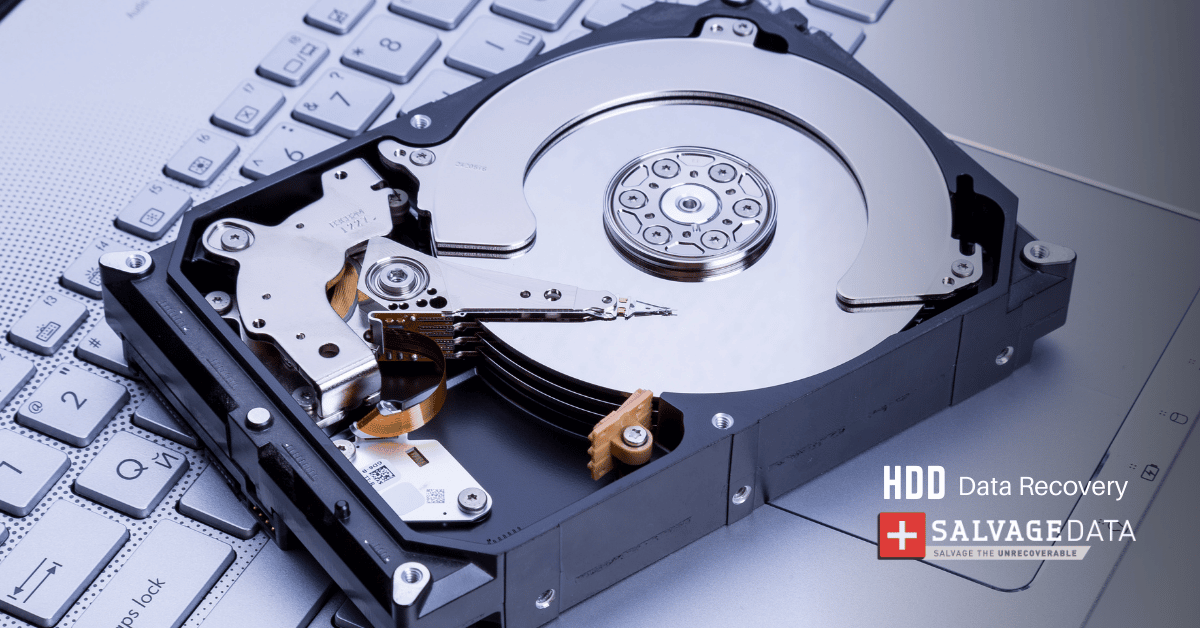Recent Articles
How To Recover Overwritten Files
The Snowflake Data Breach: A Comprehensive Overview
Mac Not Recognizing External Hard Drive: Quick Fix Solutions
How Multi-Cloud Backup Solutions Can Prevent Data Disasters
Capibara Ransomware: What is it & How to Remove
What Should a Company Do After a Data Breach: The Ticketmaster Incident
Secles Ransomware: Removal Guide
What To Do When Your Chromebook Freezes
How to Create Hyper-V Backup
What Is The Best Data Recovery Software For PC

I think there's an issue with my storage device, but I'm not sure Start a free evaluation →
I need help getting my data back right now Call now (800) 972-3282
AngryDuck Ransomware is sophisticated ransomware that is designed to encrypt your files and demand a ransom for their return. This ransomware is particularly dangerous because it uses strong encryption methods that make it very difficult to decrypt your files without the proper key. AngryDuck Ransomware is also unique in that it employs a multi-layered approach to security, which makes it even more difficult to remove. If it has infected you with AngryDuck Ransomware, it is important to seek professional help immediately to remove the malware and protect your files. This ransomware is very difficult to remove and there is no guarantee that your files can be decrypted even if you do pay the ransom. AngryDuck Ransomware is a serious threat to your computer and should not be taken lightly.
History
AngryDuck Ransomware was first discovered in June 2016 by security researchers. At that time, the ransomware was relatively new and had only been used in a handful of attacks. We believe AngryDuck Ransomware has been created by a Russian cybercrime group known as “Crimson” or “MoneyTaker”. This group is also responsible for creating the Locky Ransomware, which is another well-known ransomware strain.
AngryDuck Ransomware is designed to encrypt a variety of different file types on your computer using RSA-2048 and AES-256 encryption. Once the files have been encrypted, AngryDuck Ransomware will display a ransom note that demands payment to decrypt the files. The ransom note also contains instructions on how to contact the attackers and make the payment. Attackers typically spread AngryDuck Ransomware through email attachments or malicious links.
The biggest AngryDuck Ransomware attack to date occurred in November 2016, when the ransomware was used to target many hospitals in the United States. This attack resulted in the encryption of hundreds of thousands of files and caused significant disruption to the hospitals’ operations. The attackers demanded a ransom of $1 million to decrypt the files.
How to protect yourself from AngryDuck Ransomware:
-Be extra careful with emails and only open attachments from people you know
-Do not click on links in emails unless you are sure they are safe
-Install a reputable anti-virus program and keep it up to date
-Make sure your operating system and software are up to date
-Enable your firewall
-Create regular backups of your important files so you can recover them if necessary
How to remove AngryDuck Ransomware?
Removing AngryDuck Ransomware can be very difficult, and we often recommend that you seek professional help. However, if you are experienced in computer security, you may be able to remove the ransomware yourself. AngryDuck Ransomware is a very sophisticated piece of malware and it is important to exercise caution if you attempt to remove it yourself.
If it has infected you with AngryDuck Ransomware, the first thing you should do is disconnect your computer from the internet so that the ransomware cannot encrypt any more files. Next, you will need to use a reputable anti-malware program to scan your computer and remove the ransomware. Once the ransomware has been removed, you can then attempt to decrypt your files using a file recovery program.
Is there a public decryption tool for AngryDuck Ransomware?
At this time, there is no public decryption tool for AngryDuck Ransomware. This means that if it has infected you with this ransomware, your only hope of recovering your files is to pay the ransom or to restore them from a backup.
If you do not have a backup of your files, it may tempt you to pay the ransom to get your files back. However, it is important to exercise caution if you decide to do this. There is no guarantee that the attackers will decrypt your files even if you do pay the ransom. In addition, by paying the ransom, you are supporting the activities of cybercriminals.
Contact a data recovery service
Data recovery services specialize in helping people recover files that have been lost or deleted. They may be able to help you recover your AngryDuck Ransomware encrypted files.
SalvageData ransomware data recovery team will decrypt your files and guarantee they restored them. Even if decryption is impossible, our experts can communicate with the hacker group on your behalf. Do not wait, CALL FOR IMMEDIATE ASSISTANCE

